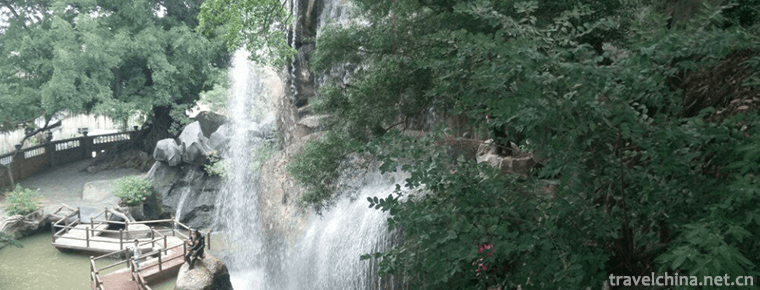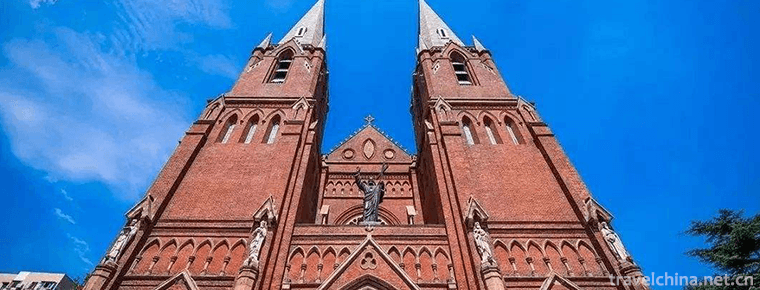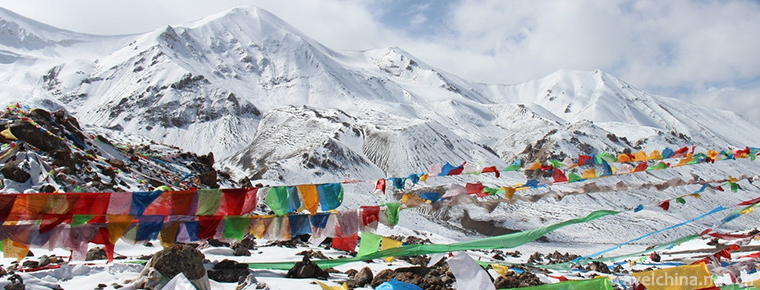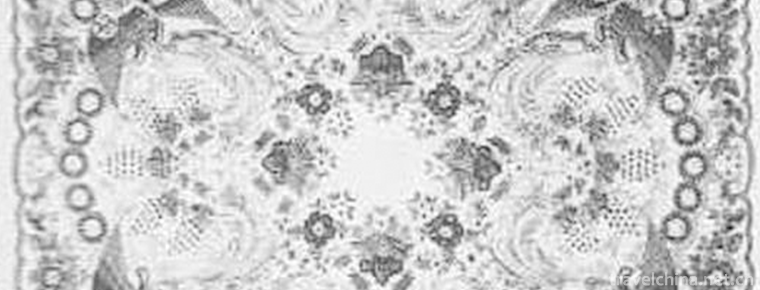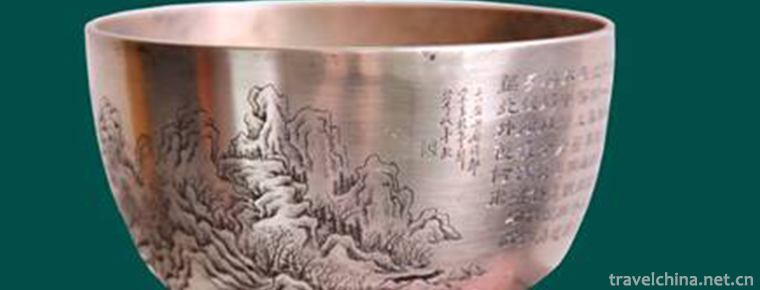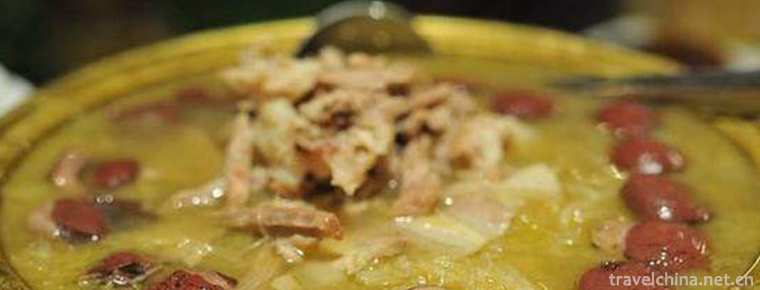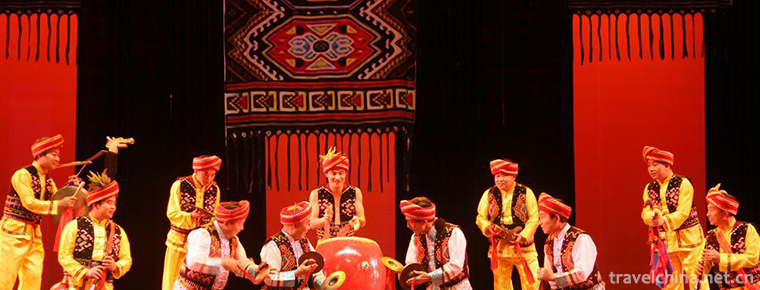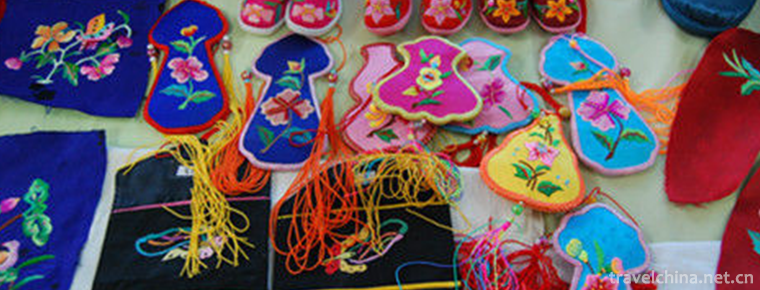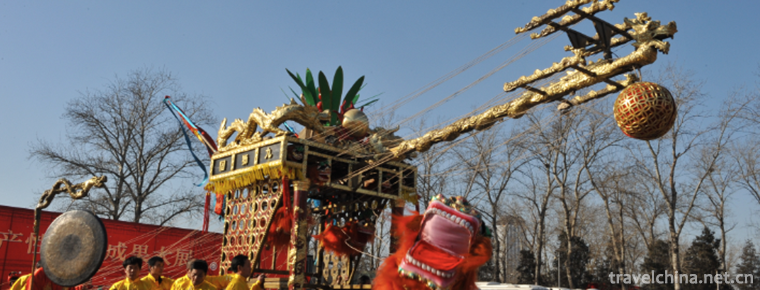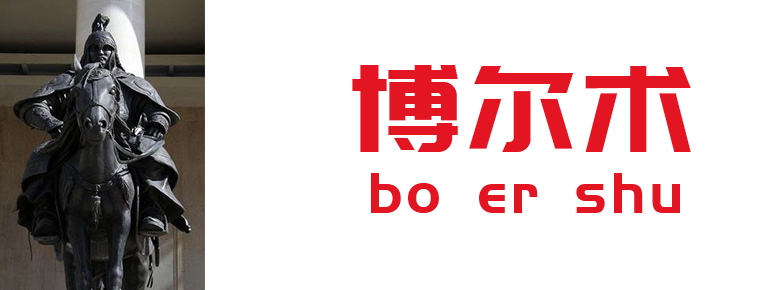Lei opera
Lei opera
Lei Opera, formerly known as the Grand Opera Class, was once known as "Leizhou Opera" because of its early tune of Leizhou songs. It is one of the national intangible cultural heritage of Leizhou City, Guangdong Province.
Lei Opera originated from Leizhou Song. It took more than 300 years to form through four stages of development: Girl's Song, Exhortation Song, Big Band Song and Lei Opera. Lei Opera pays equal attention to both singing and acting, especially duet. The singing tone belongs to the traditional opera voice system, which is mainly composed of the board tone body and has both the opera brand body and the traditional opera voice cavity system. The aria is divided into three systems: Lei Na, Gao Tai and Mixed. There are five types of aria: loose board, slow board, medium board, fast board and double board. Lei opera sings Bai in Leizhou dialect, and its lyrics are divided into two categories: traditional and variant.
On May 23, 2011, Lei Opera was approved by the State Council of the People's Republic of China to be listed in the third batch of national intangible cultural heritage, numbered IV-150.
historical origin
developing process
Lei Opera originated in Leizhou Peninsula. In the old days, Leizhou songs were folk songs in which the local working people sang in Leizhou dialect, expressed their feelings, sang with each other and answered with amusement.
During the late Ming and early Qing Dynasty, the recital of Leizhou songs was popular. During the festival, singers gathered and sang impromptuly. They competed with each other in answer to questions, and were popular with the masses. According to records, Mafuqiao in Baisha Town of Leizhou City is the earliest local singing platform.
In the eighth year of Qing Shunzhi (1651), a museum was built here for singers. Since then, famous singers have been invited to sing to each other and become professional artists. After the establishment of the Thunder Opera Charm Group, female singers joined the group. The masses call it the "Niang Song Class" because the so-called "Niang Song Class" is composed of two singers, male and female, who are mainly girls and assisted by songgirls, singing on the stage. When singing, men hold one piece of a towel and women hold one piece of a towel, changing their positions and singing while dancing. The content of the song is mostly to advise the world to go from evil to good, such as the early exhortation song "exhort the world to quit smoking" and "exhort the world to quit gambling" and so on. These exhortations began as narrative songs written on the basis of local facts. Later, in order to more profoundly express the content of their thoughts, artists made up stories, typified their stories, and performed in different roles according to the characters, which became the embryonic form of drama.
According to legend, during the Dragon Boat Festival in 1734, during the 12 years of Yongzheng in Qing Dynasty, the Dragon Boat wrecked in Haikangnan River Crossing Race. The next year, the villagers of Mafu Village changed to "Song Platform" for singing competitions. Since then, Leizhou Song has stepped onto the stage (the village people call pedal floor). Later, by the free combination of folk singers, Lei Ge Class gradually formed, and because of the participation of women, it is called "Girl Song". Some girls'songs, as well as characters and story plots, are popular with the masses. For example, the oldest Leizhou song "Broken Machine Teacher" was written by Chen Changqi, a Haikang native of Jinshi in the Qianlong period of the Qing Dynasty. Soon, the exhortation song of the girl song further developed into a class song (song Banzai).
In the late years of Jiaqing in Qing Dynasty (about 1816-1820), the first Leige Band was established, namely, the Northern Leige Band and the Leige Band. Since then, the native Leige Ban has been active in Leizhou.
At the beginning of the founding of the People's Republic of China, the cultural departments of the people's government took measures to support the development of Leizhou opera, such as supporting artists to set up professional theatre troupes, striving to cultivate talents of Leizhou opera, encouraging repertoire creation and singing reform, etc. The most prominent achievement is to develop Leizhou songs into opera tunes with two major tunes, namely, Tai Tai and Lei Na, and to establish the structure of the tune with the combination of plate changes and music licensing, as well as to create the main musical instrument, Lei Hu.
It was renamed Lei Opera after 1964. The creation and performance of the plays have also achieved great success and received good reviews from all sides. On the stage of Lei Opera, Li Lianzhu, Lin Fen, Huang Huawen and other actors were welcomed by the audience.
In the 1980s, the professional Zhanjiang Experimental Lei Opera Troupe, Haikang County Lei Opera Troupe and Xuwen County Lei Opera Troupe performed nearly 200 performances a year, and more than 100 professional folk Lei Opera Troupes performed more than 5,000 performances a year, with an average audience of thousands to 10,000 people.
From the 1950s to the 1980s, Lei Opera continued to innovate. Especially the transformation from Amateur theatre troupe to folk professional Lei theatre troupe has attracted the attention of the Ministry of Culture. The reform of Lei Opera was interrupted by the destruction of the Cultural Revolution. After the overthrow of the Gang of Four, Lei dramatically accelerated the pace of reform and improved its leap-forward development. After entering the new century, a local opera Thunder Opera with more than 8 million audiences, like the rising sun, is full of vigor and vitality, and appears more vibrant.
Cultural anecdotes
Girls'songs are usually set up side by side with two stone mills (commonly known as stone bulls), and a bullock cart board is placed in the middle to form a stage. The lyrics are sung in oral literature, astronomy and geography, local conditions and customs. Answering questions and answering questions is the only way to compete in singing. Girls'songs are fluent, close to life, full of local flavor, and some of them have songs, the content of which is roughly "Advising the world to give up smoking" and "Advising people to be loyal" and other advising songs.
Inheritance and protection
Inheritance value
Leizhou Opera is a master of Leizhou culture and art. It has a close connection with the production, life and local folklore of the people of Leizhou Peninsula. A large number of its dramatic works and classical fragments are valuable materials for understanding, mastering and researching the politics, economy and culture of Leizhou Peninsula. It has high historical, cultural and artistic value.
Inheritance status
Lei Opera is facing the dilemma of shrinking audiences, difficult operation of theatre troupes and lack of fresh blood for many years. Few of the younger generation like Lei Opera, and the inheritance of Lei Opera art is in danger, which urgently needs the attention and attention of relevant departments.
Inheriting characters
Jin Youying, female, was born in June 1939. The third batch of representative inheritors of national intangible cultural heritage projects was declared by Leizhou City, Guangdong Province. Project name: Lei Opera.
protective measures
In order to revitalize Leizhou culture and disseminate Leizhou opera art, in October 2015, Leizhou made use of the provincial normative cultural protection project funds and invested nearly 10 million yuan to transform the people's hall, which has become a dangerous house, into Leizhou Lei Theatre on the spot, and to build a high standard base for inheriting Leizhou opera, making it a central hub for the prosperity and development of Leizhou opera culture.
social influence
Important performance
From December 15, 2006 to January 7, 2007, Leizhou City held Lei Opera Art Festival. During the festival, a hundred-year Lei Opera Forum was held, and hundreds of experts and scholars conspired to develop Lei Opera.
On September 9, 2016, Leizhou Peninsula held its first large-scale thematic literary and artistic evening with Lei opera performing on the same stage - "Lei opera singing Leizhou" in Leizhou Lei Theater, which was newly decorated.
Honorary commendation
In December 2001, Zhanjiang Lei Opera Troupe performed "Liang Hongyu hanging in command" in Jinjing, and the famous star of Lei Opera Lin won the "Plum Blossom Award of Chinese Drama".
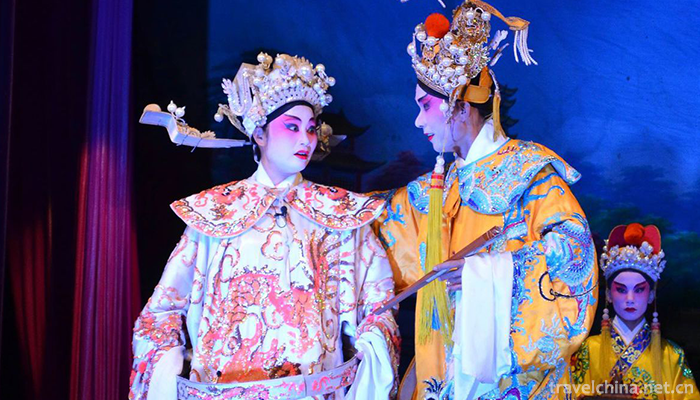
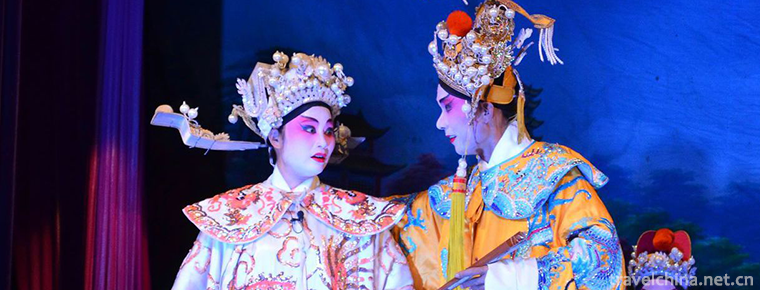
Lei opera
-
Lianhua Rural Tourist Area
Lianhua Rural Tourist Area is a national AAAA-level tourist area, located in the northeast of Chenghai District, Shantou City, with Dongli Town in the East and Tiepu Town in Chaozhou City in the west
Views: 150 Time 2019-01-29 -
Xujiahuiyuan Scenic Area
Xujiahuiyuan Scenic Spot is located in Xujiahui, Shanghai Metropolitan Tourism Center Circle. It starts from Wanping South Road, Tianping Road and Huashan Road in the east
Views: 146 Time 2019-02-26 -
Legend of Anima Qingxueshan
The Legend of Anima Qing Snow Mountain refers to the legendary Anima Qing Mountain God, who is a powerful and upright God riding a high-headed white horse, holding a Mani bag (a treasure).
Views: 204 Time 2019-03-28 -
Drawing Shantou Drawing
Drawing is a kind of embroidery, also known as "lace". Legend has it that yarn drawing originated in Italy, France and Portugal, and was developed on the basis of folk embroidery in the Midd
Views: 172 Time 2019-04-18 -
Cutting Copper Dus Cutting Copper
Painting inscriptions on bronze pots, smooth lines; beautiful paintings of mountains and rivers on bronze plates, such as immersion... In many people's eyes, Du's bronze engraving,
Views: 281 Time 2019-05-09 -
Traditional cooking techniques of Liao cuisine
In April 2016, "Liao cuisine traditional cooking skills" was approved by the State Council as a national intangible cultural heritage, Liao cuisine became the first major cuisine department
Views: 208 Time 2019-05-13 -
Sun Bin quan
Sun Bin Quan is an ancient and rare traditional boxing in Shandong Province. Its connotation is broad and profound, which was created by Sun Bin, a military strategist in the Spring and Autumn Period
Views: 193 Time 2019-06-17 -
Tujia people slip away
Dalaozi is an ancient folk instrumental ensemble which is the most widely spread in Tujia area. It has a long history, a wide range of music cards, exquisite skills and rich expressiveness. It is a un
Views: 135 Time 2019-06-23 -
Xibo embroidery
Xibo embroidery has a long history and rich connotation. Xibo women are skillful and skillful in capturing the beautiful scenery in life. During more than 200 years of living in the western part of th
Views: 398 Time 2019-07-01 -
Line lion
Line lion is a local traditional lion dance in Ningde City, Fujian Province. Shiqiaotou village's line lion nine lions map originated from the celebration of the Lantern Festival on the 15th day of th
Views: 240 Time 2019-07-03 -
A er la bo er shu
Al r Bo Er (1162 to 1226) , Mongolia Famous general, Genghis Khan "Four Jun" is the leader of the founding fathers. Formerly known as "Er Chu". As a result of helping the young boy
Views: 171 Time 2019-09-14 -
Tianshi cave
Tianshi cave, also known as Chang Taoist temple, is the most important Taoist temple in Qingcheng Mountain. In 1983, it was designated as the national key Taoist temple by the State Council. In addition, there are four palaces in Qingcheng Mountain: Jianfu palace, Yuanming palace, Yuqing palace and Shangqing palace.
Views: 356 Time 2020-11-08
